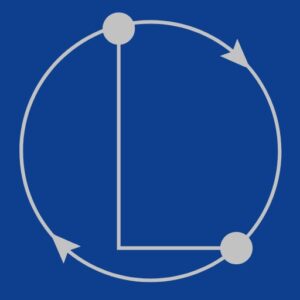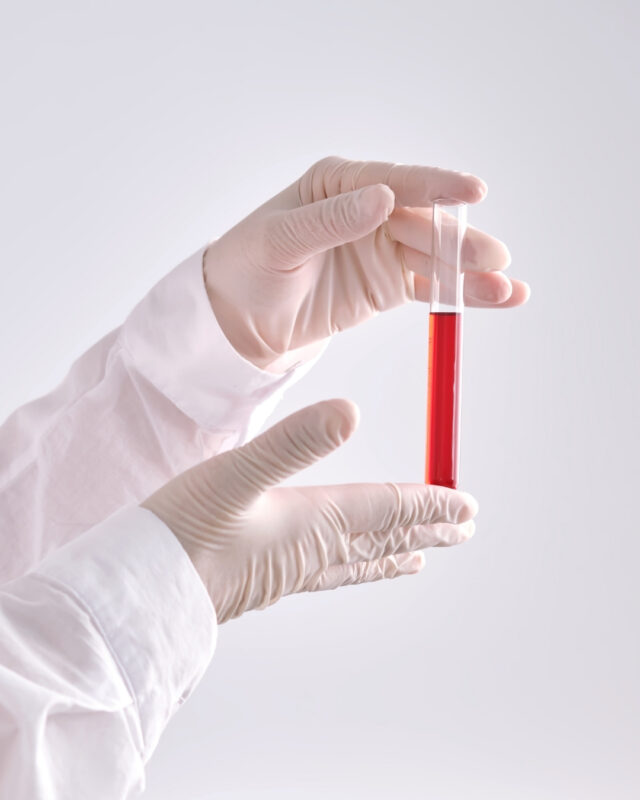Introduction to NAD
Nicotinamide Adenine Dinucleotide (NAD) is a crucial molecule first identified through yeast fermentation research. Present in almost every cell in your body, NAD plays a vital role in numerous cellular processes. These include repairing DNA, supporting the immune system, producing energy, and maintaining our internal biological clock. NAD+ is a form of NAD that supports energy production and ensures cells function efficiently. However, an imbalance in NAD+ levels is linked to metabolic and aging-related diseases like neurodegeneration, weakened immune responses, and cancer. Research shows that after the age of 20 we lose half of our NAD in our body, then another half after the age of 40 and that is one of the reasons, we start declining in some very crucial functions.
NAD’s Two Vital Forms: NAD+ and NADH
NAD+ acts as an oxidising agent, accepting electrons from other molecules and becoming NADH in the process. NADH, on the other hand, is a reducing agent that gives away electrons to other molecules and transforms back into NAD+. The stored energy in NADH’s electrons is crucial for producing ATP, a major energy carrier in cells, through a process called oxidative phosphorylation in the mitochondria.
“Researches shows that after the age of 20 we lose half of our NAD in our body, then another half after the age of 40 and that is one of the reasons, we start declining in some very crucial functions.”
What is NAD+ and How Can You Enhance its Levels?
NAD+ maintains balance in the body through biosynthesis, usage, recycling, and degradation at both cellular and systemic levels. Though it can be produced from scratch from tryptophan or nicotinic acid, the majority of NAD+ comes from recycling existing molecules like nicotinamide, nicotinic acid, and others through the salvage pathway.
Balancing NAD+ in the Face of Aging and Disease
Changes in NAD+ levels are a part of aging, with levels commonly dropping to less than half after age 60. This decrease is partly due to the increased activity of a NAD-consuming enzyme called CD38. Moreover, low NAD+ levels weaken the immune system and defences against diseases. Managing inflammation helps preserve NAD+ and maintain health, especially as we age.

Defending Against Infections with NAD+
NAD+ plays a crucial role in defending the body against viral and bacterial infections, mitigating oxidative damage, and supporting the immune system’s function. By maintaining optimal NAD+ levels, you help your body’s natural defences and contribute to a balanced, healthy state.
Lifestyle and Dietary Tips for Boosting NAD+
Factors like disrupted circadian rhythms, chronic inflammation, excessive caloric intake, high blood sugar, and alcohol consumption can all deplete NAD+ levels. On the other hand, practices like intermittent fasting, regular exercise, heat alteration, and a diet rich in NAD+ precursors can boost NAD+ levels. Foods like raw dairy, fatty fish, liver, and certain meats are excellent sources. Additionally, supplements like NR (Nicotinamide Riboside), NMN (Nicotinamide Mononucleotide), Niacinamide, and Nicotinic Acid can also contribute, though long-term safety data is still needed.
An Issue of Attention
By understanding and supporting your body’s NAD+ levels, you contribute to your overall health, bolster your defences against diseases, and support the crucial cellular processes that keep you energised and healthy.





